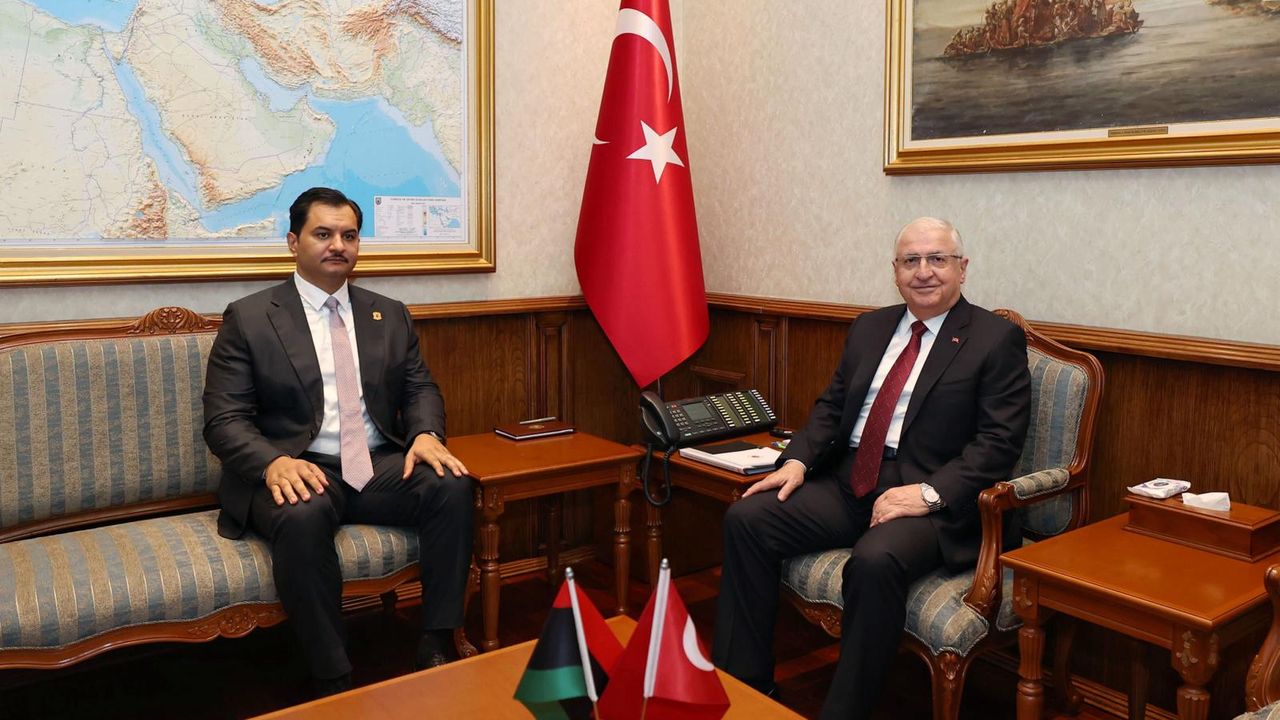Syrian government snubs Kurdish bids for decentralisation

The Syrian government has outright dismissed Kurdish bids for self-administration, reports the Arab Weekly plus agencies. On April 27th, in response to a Kurdish Unity and Solidarity Conference, the presidency warned that any moves towards federalism would constitute a threat to national unity.
The Conference, held on April 26th in the Kurdish-controlled city of Qamishlo, united rival Kurdish factions and civil society groups in a joint campaign. In a communique, they called for a democratic Syria that enshrines the rights of all its ethnic and religious components through a decentralised democratic system.
Mazloum Abdi, the president of the Kurdish-led Syrian Democratic Forces (SDF) maintained that the goal was unity, not succession. “We support all Syrian components receiving their rights in the constitution to build a decentralised democratic Syria that embraces everyone,” he said. The conference also announced the formation of a joint Kurdish delegation to negotiate with the new Syrian government in Damascus within a unified Syrian framework.
Still, Sharaa’s administration has not taken this lightly, rejecting “any attempts to impose a de facto division or establish separate entities under the labels of federalism or self-administration without a comprehensive national consensus.” The presidency added that “the unity of Syrian territory and its people is a red line” and that deviation from this principle would amount to a national threat.
In March, the SDF, backed by the US, signed a deal with Damascus agreeing to merge Kurdish-led bodies and security forces with the central government. The presidency has accused the Kurdish leaders of reneging on this agreement, arguing that these requests “starkly contradict the spirit of that agreement.”
Since the onset of Syria’s civil war in 2011, the Kurds have enjoyed de facto autonomy. Between 2015 and 2019, with American backing, they seized large swathes in the north-east from ISIS. Today, much of Syria’s oil, gas, and wheat fields remain under Kurdish administration, and as Sharaa attempts to bring Syria’s war-devastated economy back from the brink, these resources prove crucial –and help explain the new authorities’ staunch rejection of Kurdish self-rule.
Many Kurdish leaders have objected to the way the new government is shaping the transition from Assad’s rule and worry that it will neither include nor represent them.
Arab Weekly/agencies, Maghrebi
Want to chase the pulse of North Africa?
Subscribe to receive our FREE weekly PDF magazine












